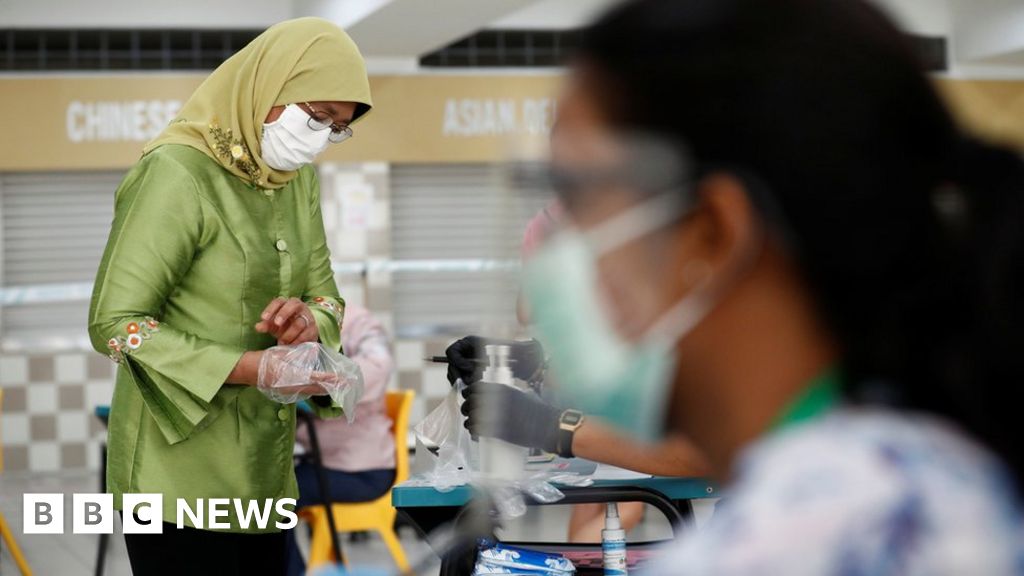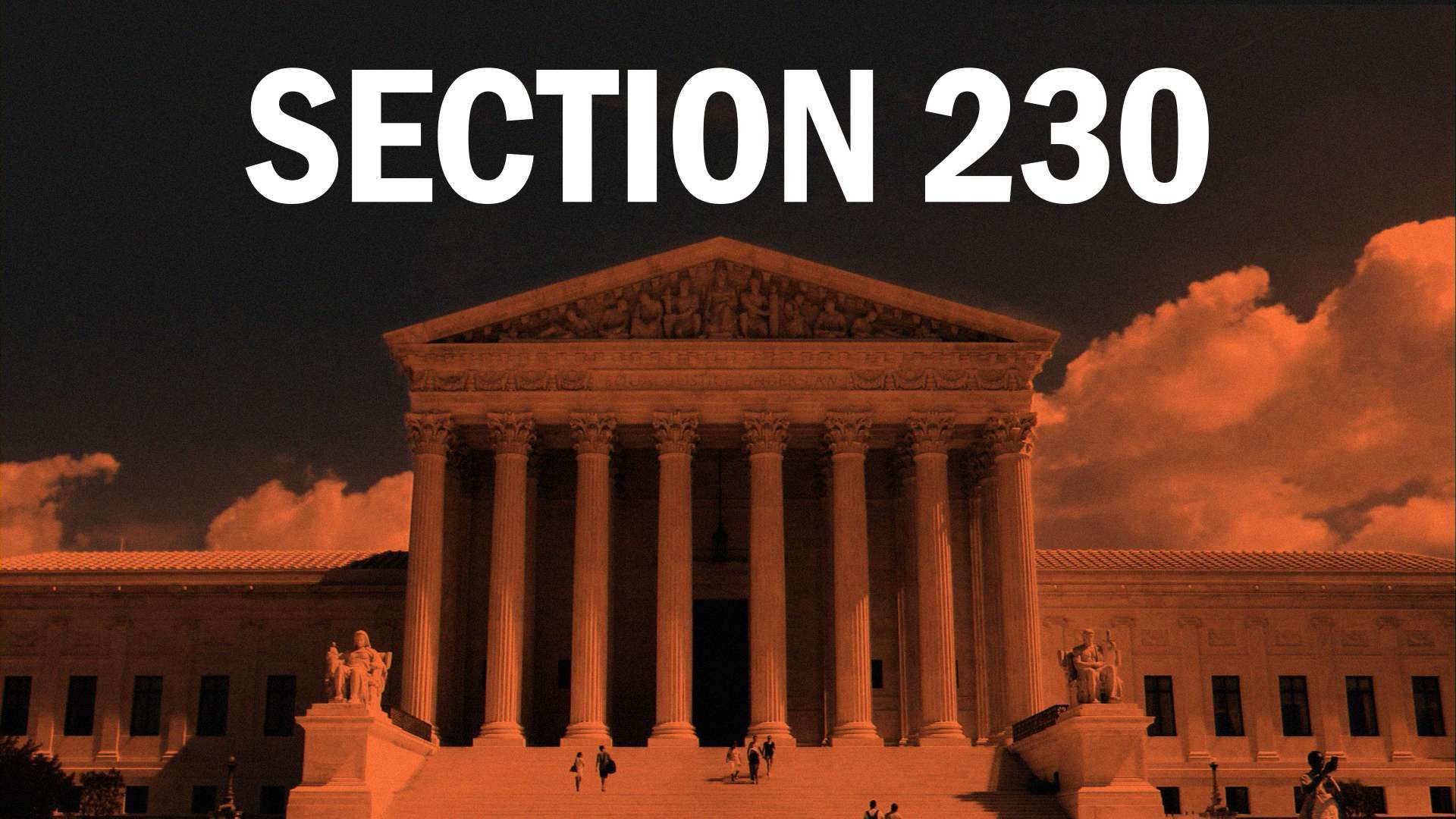Will The Opposition Break The PAP's Hold On Power In Singapore?

Table of Contents
<p>Singapore's political landscape has been largely defined by the People's Action Party (PAP) for decades. This enduring dominance raises a crucial question: Will the opposition parties ever break the PAP's iron grip on power? This article delves into the challenges facing the opposition, analyzes the intricacies of Singapore's electoral system, and examines the evolving public sentiment to explore the possibility of a significant political shift in Singapore.</p>
<h2>The People's Action Party (PAP)'s Enduring Dominance</h2>
The PAP's reign in Singapore is a testament to its effective governance and its ability to maintain a strong national identity. Since independence, the PAP has consistently secured landslide victories in general elections. This enduring success can be attributed to several factors:
- Consistent Electoral Victories: The PAP's track record of electoral wins speaks volumes. Their consistent ability to secure a supermajority in parliament has solidified their position as the dominant political force.
- Effective Governance and Economic Development Narrative: The PAP has successfully linked its governance with Singapore's remarkable economic progress, portraying itself as the architect of the nation's prosperity. This narrative resonates with many voters.
- Strong National Identity and Social Cohesion: The PAP has cultivated a strong sense of national identity and social cohesion, emphasizing unity and stability. This contributes significantly to its electoral appeal.
- Weaknesses of Past Opposition Campaigns: Past opposition campaigns have often struggled to present a unified and compelling alternative to the PAP's dominance, hindering their ability to make significant inroads. Funding limitations and media access have also been significant obstacles.
<h2>The Opposition's Growing Challenges and Strategies</h2>
Despite the PAP's dominance, several opposition parties, including the Workers' Party (WP), the Singapore Democratic Party (SDP), and the Progress Singapore Party (PSP), continue to contest elections. However, they face significant hurdles:
- Challenges Faced by the Opposition: These challenges are multifaceted, ranging from securing adequate funding for campaigns to gaining equal access to mainstream media. The Group Representation Constituencies (GRCs) system, designed to ensure minority representation, has also been criticized for making it harder for smaller opposition parties to win seats.
- Specific Policies and Platforms of Key Opposition Parties: Each opposition party presents distinct policy platforms, addressing issues like the cost of living, healthcare accessibility, and public housing affordability. These platforms aim to attract voters dissatisfied with the PAP's approach.
- Increased Public Engagement and Social Media Presence: Opposition parties have increasingly leveraged social media and grassroots engagement to connect with voters and circumvent traditional media limitations. This has allowed them to reach a wider audience and bypass potential biases in mainstream reporting.
- Focus on Specific Issues: By targeting key concerns, such as the rising cost of living, inadequate healthcare provisions, and the affordability of housing, the opposition aims to resonate with public anxieties and offer alternative solutions.
<h2>Analyzing the Electoral System and its Impact</h2>
Singapore's electoral system plays a crucial role in shaping election outcomes. Understanding its mechanics is key to analyzing the opposition's prospects:
- The Group Representation Constituencies (GRCs) System and its Effects: The GRC system, while intended to ensure minority representation, has been criticized for creating an uneven playing field and making it difficult for smaller opposition parties to win seats.
- Non-Partisan Boundary Delineation: The process of drawing electoral boundaries is overseen by an independent body, but concerns remain about its potential impact on the fairness of the electoral contest.
- The Impact of the Electoral System on the Opposition’s Chances: The current electoral system undoubtedly presents significant challenges for the opposition, making it difficult to translate popular support into parliamentary representation.
- Calls for Electoral Reform and their Feasibility: Calls for electoral reform, including adjustments to the GRC system, continue, but the feasibility of significant changes remains a subject of debate.
<h2>Public Sentiment and Shifting Political Landscape</h2>
While the PAP maintains a strong base of support, shifts in public sentiment suggest a potential for change in Singaporean politics:
- Growing Dissatisfaction with Certain Government Policies: There's a noticeable increase in public dissatisfaction concerning specific government policies, particularly those relating to housing affordability and the rising cost of living.
- Increased Awareness of Alternative Political Viewpoints: Improved access to information through the internet and social media has broadened exposure to alternative political viewpoints, potentially leading to a more nuanced understanding of political issues.
- The Role of Younger Generations in Shaping Political Discourse: Younger generations, increasingly active on social media, are shaping political discourse and pushing for greater transparency and accountability.
- Impact of Social Media and Online Activism: Social media platforms have become a powerful tool for political engagement, facilitating discussions and mobilizing support for opposition parties and causes.
<h2>Conclusion</h2>
The PAP's long-standing dominance in Singaporean politics is undeniable. However, the growing challenges faced by the PAP, coupled with evolving public sentiment and the strategies employed by the opposition, suggest a gradually shifting political landscape. Will the opposition finally break the PAP's long hold on power? This remains a key question for Singapore's future. Continue following Singaporean politics to stay informed about the evolving political landscape and the next general election. Further research into the various political parties, their platforms, and the electoral system is crucial to understanding the future of Singaporean politics and the potential for a change in power. Engage in discussions about Singaporean politics and share your views on whether the opposition can overcome the challenges and break the PAP's hold on power.

Featured Posts
-
 South Bengal Heatwave 5 Districts Face Extreme Temperatures
May 04, 2025
South Bengal Heatwave 5 Districts Face Extreme Temperatures
May 04, 2025 -
 Sheins London Stock Market Debut Delayed A Tariffs Driven Setback
May 04, 2025
Sheins London Stock Market Debut Delayed A Tariffs Driven Setback
May 04, 2025 -
 Dac San Tu Loai Qua Quen Lang Gia 60 000d Kg Huong Vi Doc Dao
May 04, 2025
Dac San Tu Loai Qua Quen Lang Gia 60 000d Kg Huong Vi Doc Dao
May 04, 2025 -
 E Bay And Section 230 Legal Ruling On Listings Of Banned Chemicals
May 04, 2025
E Bay And Section 230 Legal Ruling On Listings Of Banned Chemicals
May 04, 2025 -
 Shopify Developer Program Update Analyzing The Revenue Share Shift
May 04, 2025
Shopify Developer Program Update Analyzing The Revenue Share Shift
May 04, 2025
Latest Posts
-
 Paddy Pimbletts Post Fight Yacht Party Ufc 314 Celebration
May 04, 2025
Paddy Pimbletts Post Fight Yacht Party Ufc 314 Celebration
May 04, 2025 -
 Ufc 314 Pay Per View Revised Bout Order
May 04, 2025
Ufc 314 Pay Per View Revised Bout Order
May 04, 2025 -
 Ufc Announces Fight Order Alterations For Ufc 314 Ppv
May 04, 2025
Ufc Announces Fight Order Alterations For Ufc 314 Ppv
May 04, 2025 -
 Updated Fight Card Ufc 314 Pay Per View Event Changes
May 04, 2025
Updated Fight Card Ufc 314 Pay Per View Event Changes
May 04, 2025 -
 Ufc 314 Revised Fight Order Revealed For Pay Per View
May 04, 2025
Ufc 314 Revised Fight Order Revealed For Pay Per View
May 04, 2025
